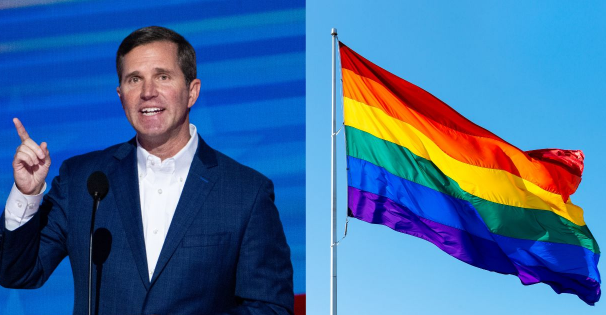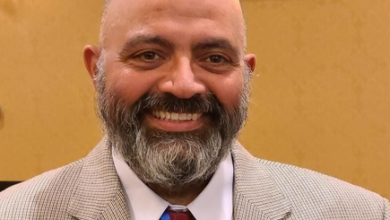Kentucky Governor Andy Beshear Bans Conversion Therapy for LGBTQ+ Minors

In a significant step for LGBTQ+ rights, Kentucky Governor Andy Beshear has officially banned the practice of conversion therapy for minors. The controversial therapy, which aims to change a person’s sexual orientation or gender identity, has long been condemned by medical professionals for its harmful psychological effects, especially on young people.
The new law prohibits mental health professionals from administering any form of conversion therapy to individuals under 18, ensuring that LGBTQ+ minors are protected from a practice that has been widely discredited. Conversion therapy has been associated with increased rates of depression, anxiety, and suicide among LGBTQ+ youth. By banning the practice, Governor Beshear aims to safeguard the mental and emotional well-being of vulnerable teens in Kentucky.
Advocates for LGBTQ+ rights have praised the governor’s decision, calling it a victory for the state’s LGBTQ+ community. “This law ensures that no young person will be subjected to harmful and ineffective therapy that tries to change who they are,” said one LGBTQ+ advocate. The American Psychological Association and other leading health organizations have also spoken out against conversion therapy, citing the lack of scientific evidence to support its effectiveness.
While Governor Beshear’s decision has been celebrated by LGBTQ+ groups, some conservative leaders and religious organizations in the state have expressed opposition, arguing that the ban infringes on parental rights and religious freedom. Despite the controversy, Beshear has remained firm in his stance, citing the importance of protecting minors from a damaging practice.
Kentucky joins a growing list of states across the U.S. that have outlawed conversion therapy for minors, further solidifying national momentum toward banning the practice. This move underscores a broader cultural shift toward embracing diversity and ensuring the rights of LGBTQ+ individuals, particularly minors, are protected.





